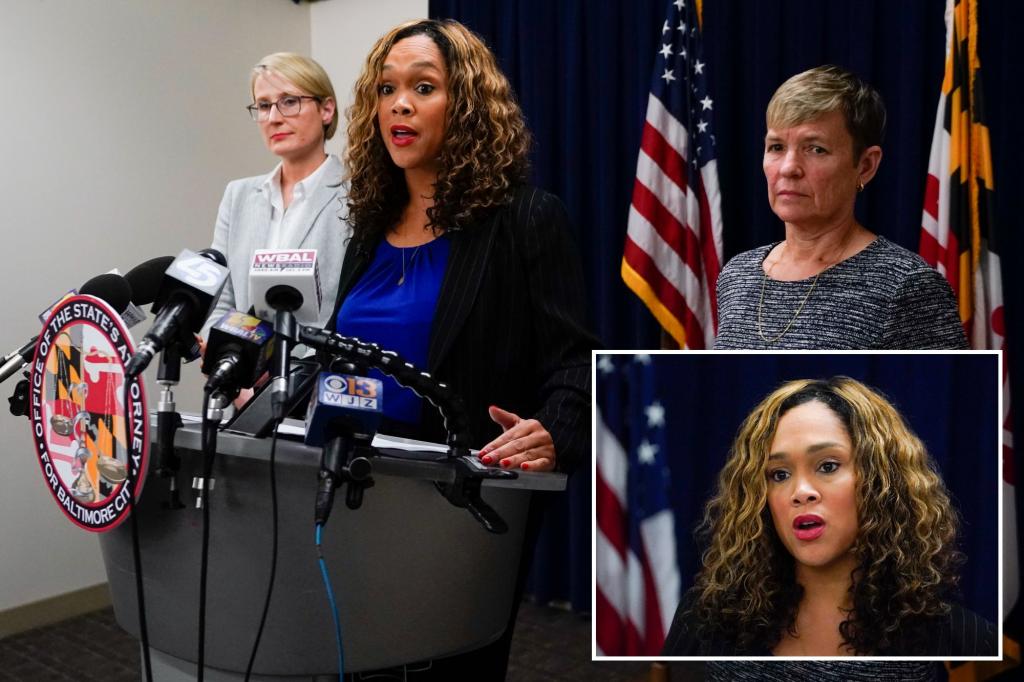Former Baltimore city prosecutor, Marilyn Mosby, who gained national attention for charging police officers in the death of a Black man, was sentenced to 12 months of home confinement and three years of supervised release for perjury and mortgage fraud. The charges relate to lying about finances to make early withdrawals from retirement funds during the COVID-19 pandemic and falsely claiming a $5,000 gift from her then-husband.
Maintaining her innocence, Mosby declined to address the judge before her sentencing. The judge highlighted Mosby’s “pattern of dishonesty” while serving in public office, despite no taxpayer money being involved in her crimes. The judge expressed concerns about separating Mosby from her two young daughters, noting that the decision weighed heavily on her.
While an Assistant U.S. Attorney argued for a 20-month sentence citing the harm caused when a public official lies under oath, Mosby’s supporters denied claims of selective prosecution and lack of remorse on her part. Mosby gained national fame for charging officers in the Freddie Gray case, which led to riots and protests, before being indicted and losing reelection.
Mosby’s lack of contrition was a concern for the court, with her legal team arguing that she is not a public corruption case and that there was no financial loss to victims. Benjamin Crump, a civil rights attorney, emphasized the lack of victims in what he called a “minor white-collar crime” and suggested that progressive prosecutors like Mosby are targeted for their pursuit of equal justice.
Mosby withdrew $90,000 from a Baltimore city deferred compensation plan during the pandemic, using it to make down payments on vacation homes in Florida. Her lawyers argued that the funds were from her own income and that she paid taxes and penalties. However, prosecutors contended that her actions harmed everyone following COVID-19 restrictions.
Her mortgage fraud conviction stemmed from falsifying a $5,000 gift letter to obtain a loan for a property. Prosecutors argued that without the letter, the loan would not have been provided. Unlike others convicted of white-collar crimes, Mosby expressed no remorse, delegitimized the case against her, and prosecutors believed she deserved prison time. Despite this, her legal team continued to seek a presidential pardon and urged leniency from the judge.


